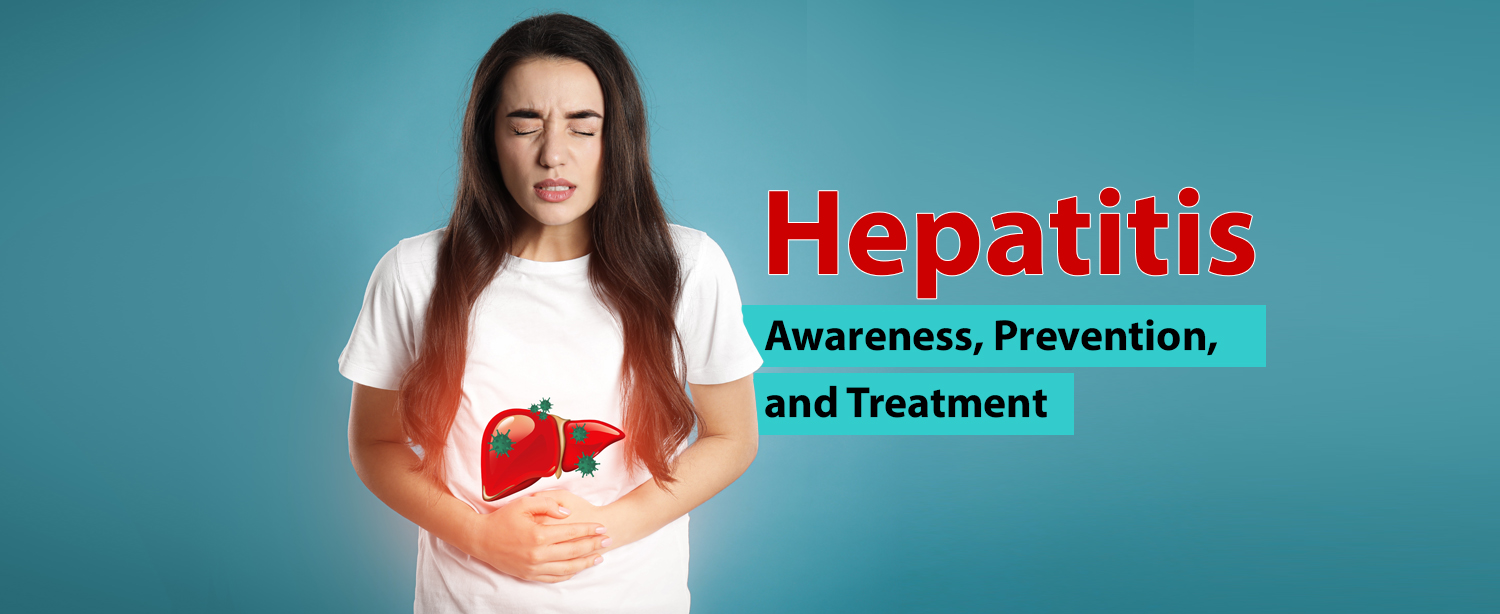Hepatitis refers to inflammation of the liver, a vital organ responsible for numerous essential bodily functions including detoxification, protein synthesis, and production of biochemicals necessary for digestion. The most common causes of hepatitis are viral infections, with hepatitis A, B, and C being the most prevalent types. Non-viral causes include alcohol abuse, certain medications, and autoimmune diseases.
Table of Contents
Types of Hepatitis
- Hepatitis A
This highly contagious liver infection is typically spread through ingestion of contaminated food or water. Hepatitis A does not lead to chronic disease, and most people recover completely without permanent liver damage. - Hepatitis B
This type is transmitted through contact with infectious body fluids, such as blood, vaginal secretions, or semen. Hepatitis B can be acute (short-term) or chronic (long-term). Chronic hepatitis B can lead to serious health issues like liver cirrhosis or liver cancer. - Hepatitis C
Primarily spread through blood-to-blood contact, hepatitis C can also be acute or chronic. Most acute infections become chronic, and chronic hepatitis C is a leading cause of liver transplants. - Hepatitis D
This type only occurs in individuals infected with hepatitis B, as it requires the hepatitis B virus to replicate. Hepatitis D can lead to more severe disease and worse outcomes. - Hepatitis E
Similar to hepatitis A, this virus is typically spread through fecal-oral transmission due to contaminated water. It is usually self-limiting but can be serious in pregnant women.
Symptoms of Hepatitis
Hepatitis symptoms can vary depending on the type and stage of infection. Common symptoms include:
- Fatigue
- Nausea and vomiting
- Abdominal pain
- Loss of appetite
- Fever
- Dark urine
- Pale stool
- Joint pain
- Jaundice (yellowing of the skin and eyes)
Prevention of Hepatitis
Prevention strategies are crucial in combating hepatitis and include:
- Vaccination
Vaccines are available for hepatitis A and B. The hepatitis B vaccine also protects against hepatitis D. Currently, there is no vaccine for hepatitis C. - Safe Practices:
- Avoid sharing needles, razors, or toothbrushes.
- Ensure that any tattoos or piercings are done with sterile equipment.
- Practice safe sex by using condoms.
- Be cautious with blood transfusions.
- Good Hygiene: For hepatitis A and E, ensure you drink clean water and practice good hand hygiene, especially when traveling to areas with poor sanitation.
Treatment of Hepatitis
Treatment varies depending on the type of hepatitis:
- Hepatitis A and E
These generally do not require specific treatment, as they are typically self-limiting. Adequate rest,hydration, and a healthy diet are recommended. - Hepatitis B
Acute hepatitis B may not require antiviral treatment. Chronic hepatitis B, however, often requires long-term antiviral medications to reduce liver damage and prevent complications. - Hepatitis C
Antiviral medications can cure most people with hepatitis C, especially with the newer direct-acting antiviral treatments that have high success rates and shorter treatment durations. - Hepatitis D
Treatment includes antiviral drugs, though they may not be as effective as desired. Pegylated interferon is the most commonly used treatment.
Managing hepatitis involves regular monitoring of liver function and overall health, lifestyle adjustments, and possibly long-term medication. It is important to avoid alcohol, maintain a healthy weight, and follow a balanced diet to support liver health. Regular check-ups with a healthcare provider are essential to monitor the disease progression and manage any complications.
Hepatitis Treatment at Kokilaben Dhirubhai Ambani Hospital
Are you experiencing recurrent episodes of jaundice? It’s essential to undergo a thorough liver check-up to rule out any signs of hepatitis. At Kokilaben Dhirubhai Ambani Hospital, our Department of Hepato Pancreato Biliary is dedicated to providing exceptional care for all types of hepatitis. Our team of highly skilled doctors is trained to accurately detect and effectively treat hepatitis. We offer a full spectrum of services, from initial consultations to advanced hospitalization and treatment plans. Our goal is to ensure that our patients receive the most comprehensive and personalized hepatitis care available. For more detailed information and to schedule an appointment, please visit our website: https://www.kokilabenhospital.com/departments/clinicaldepartments/hepatopancreatobiliary.html


